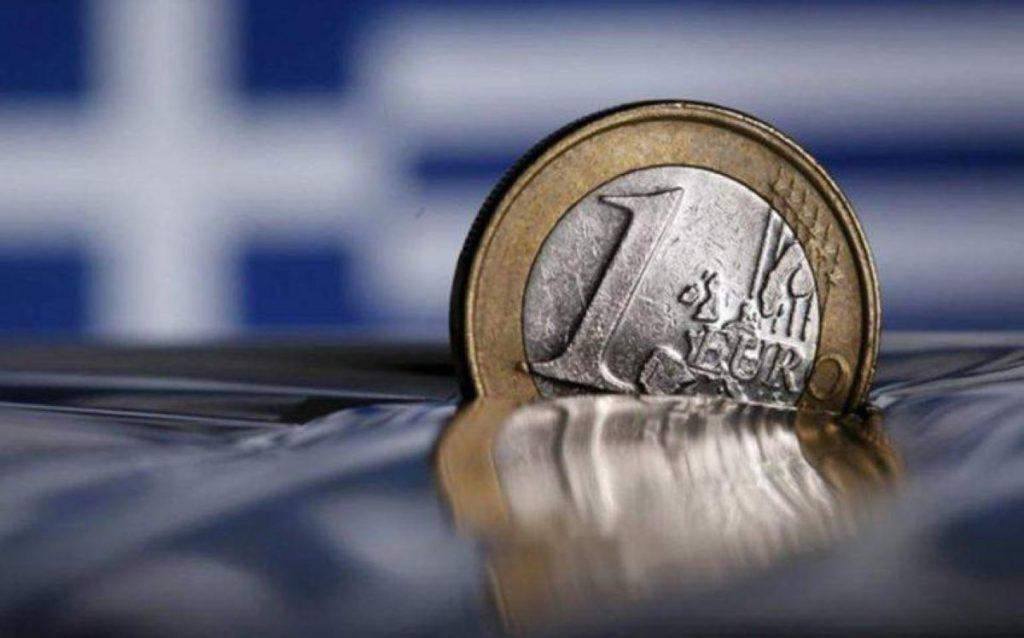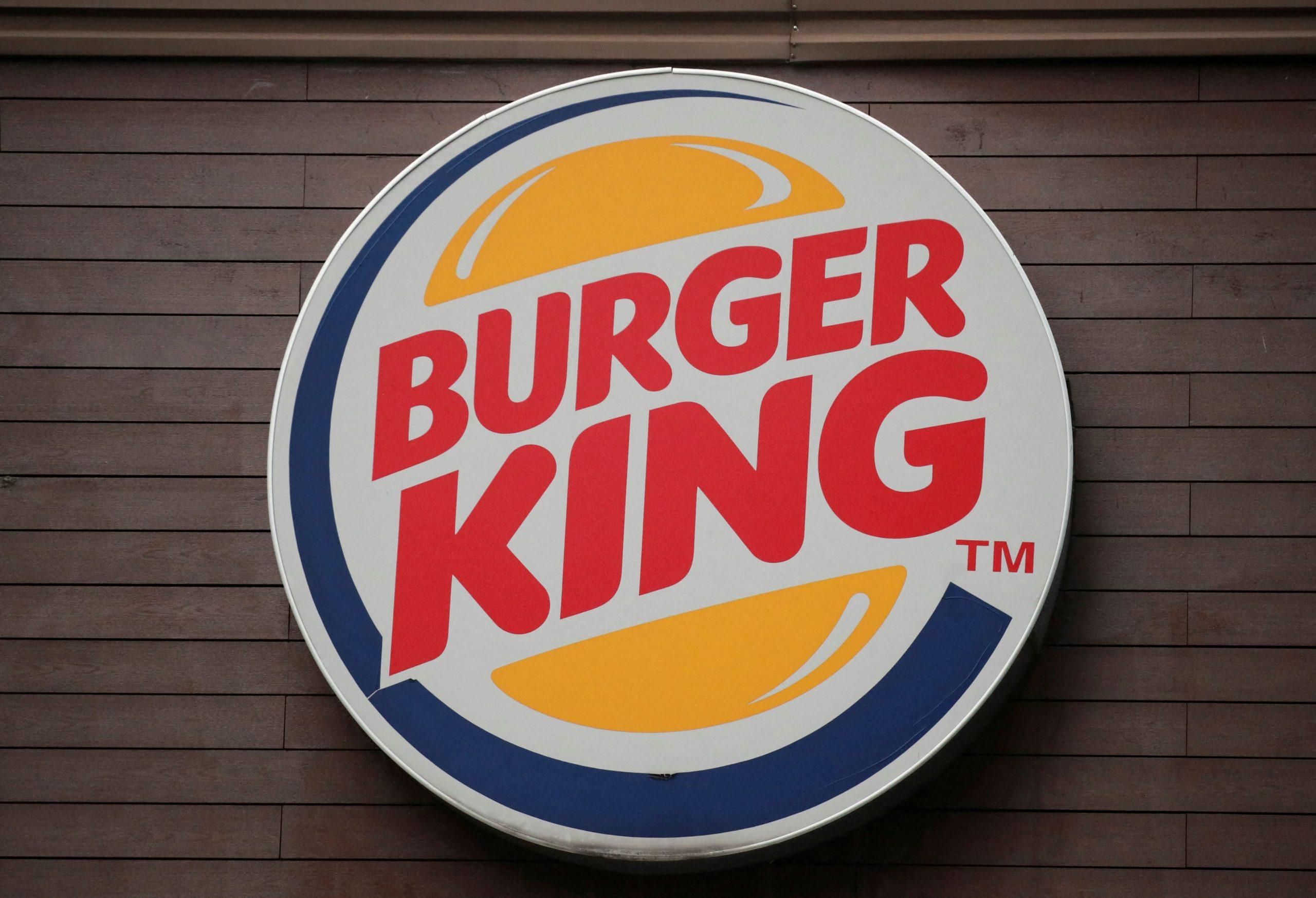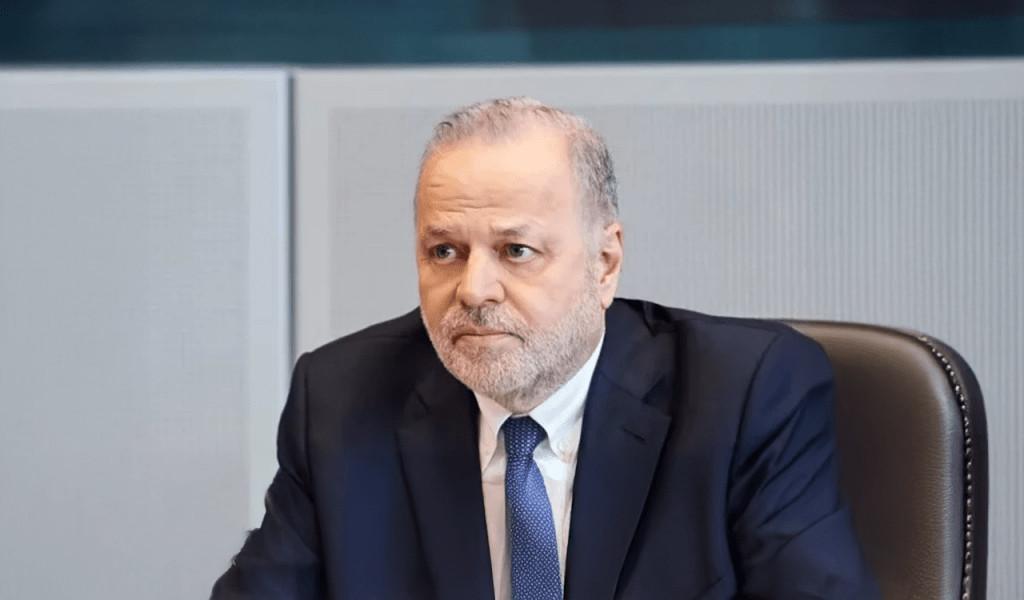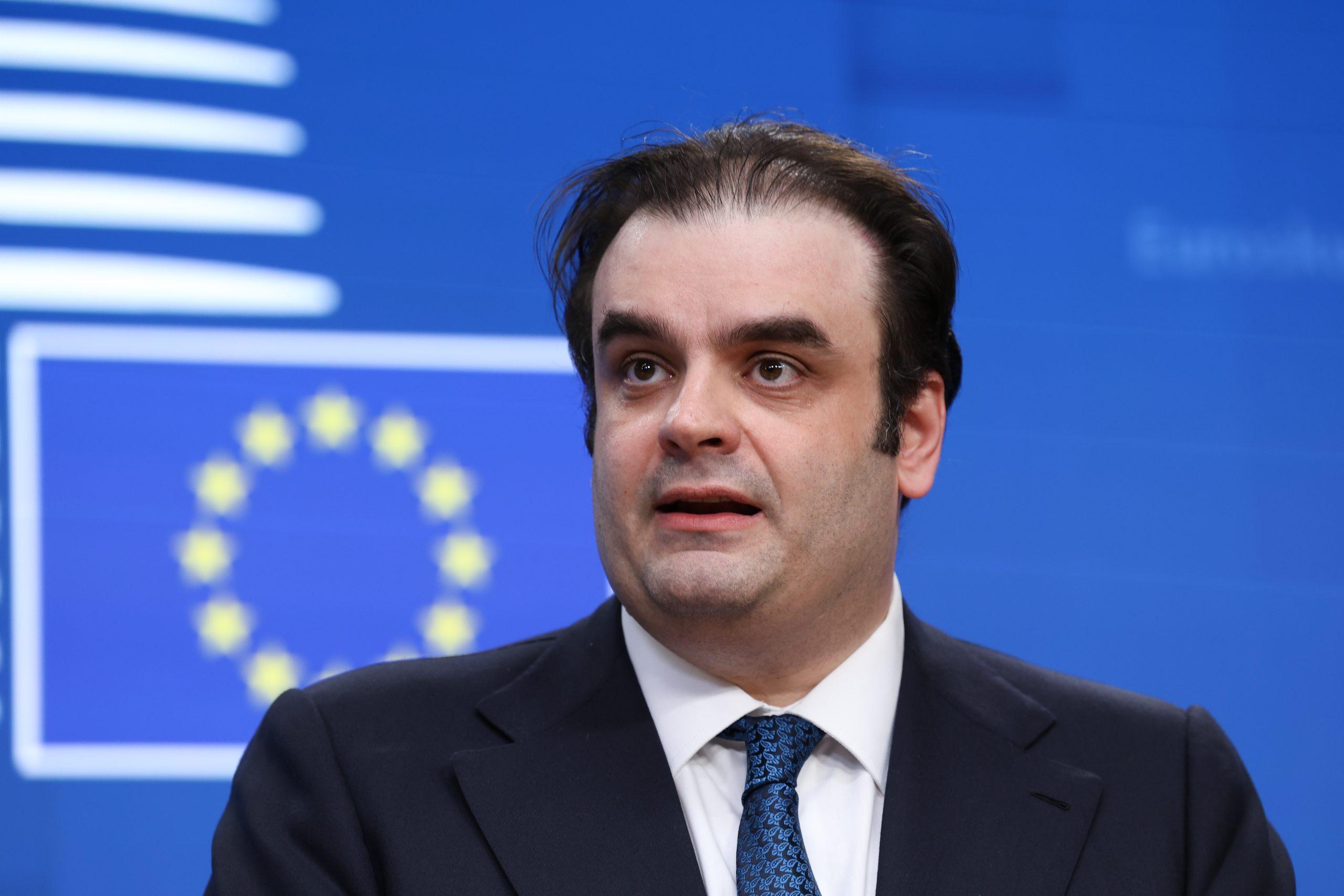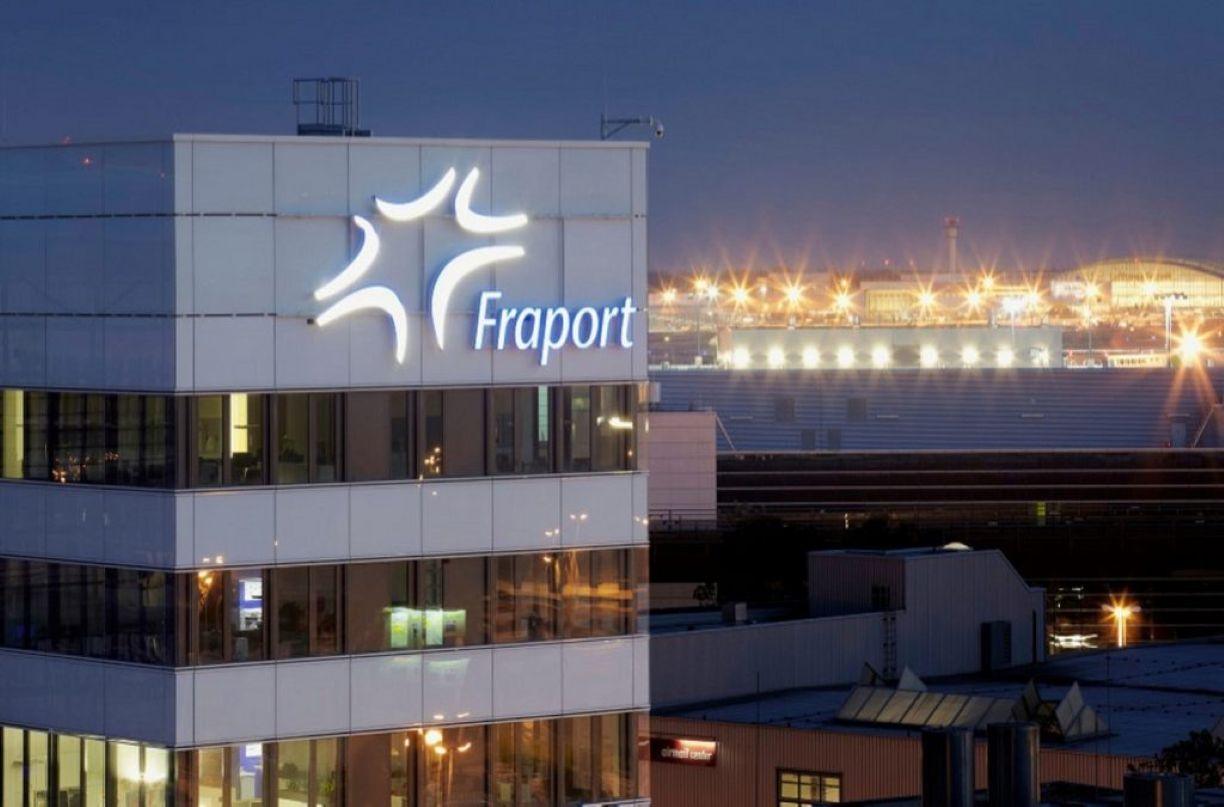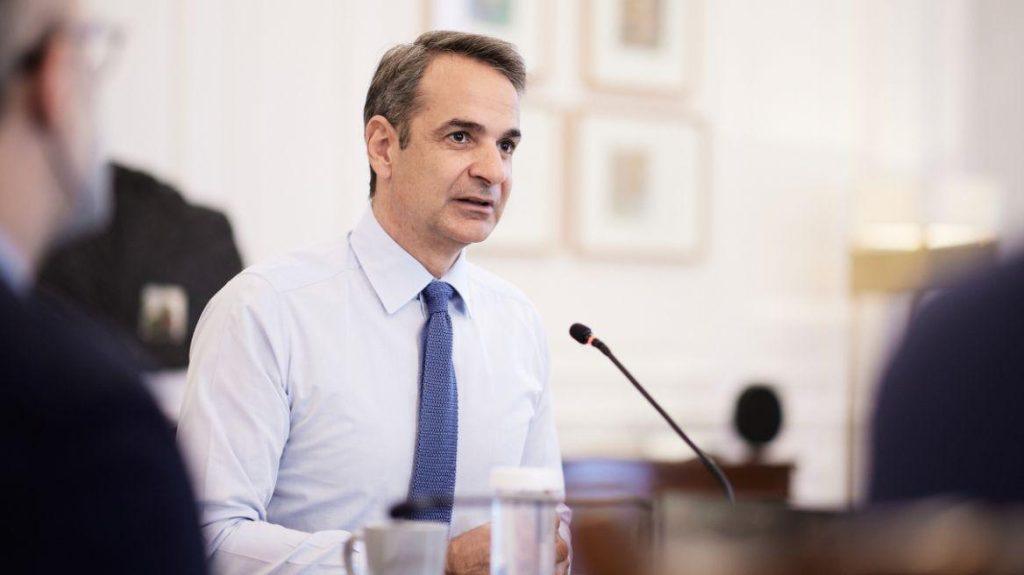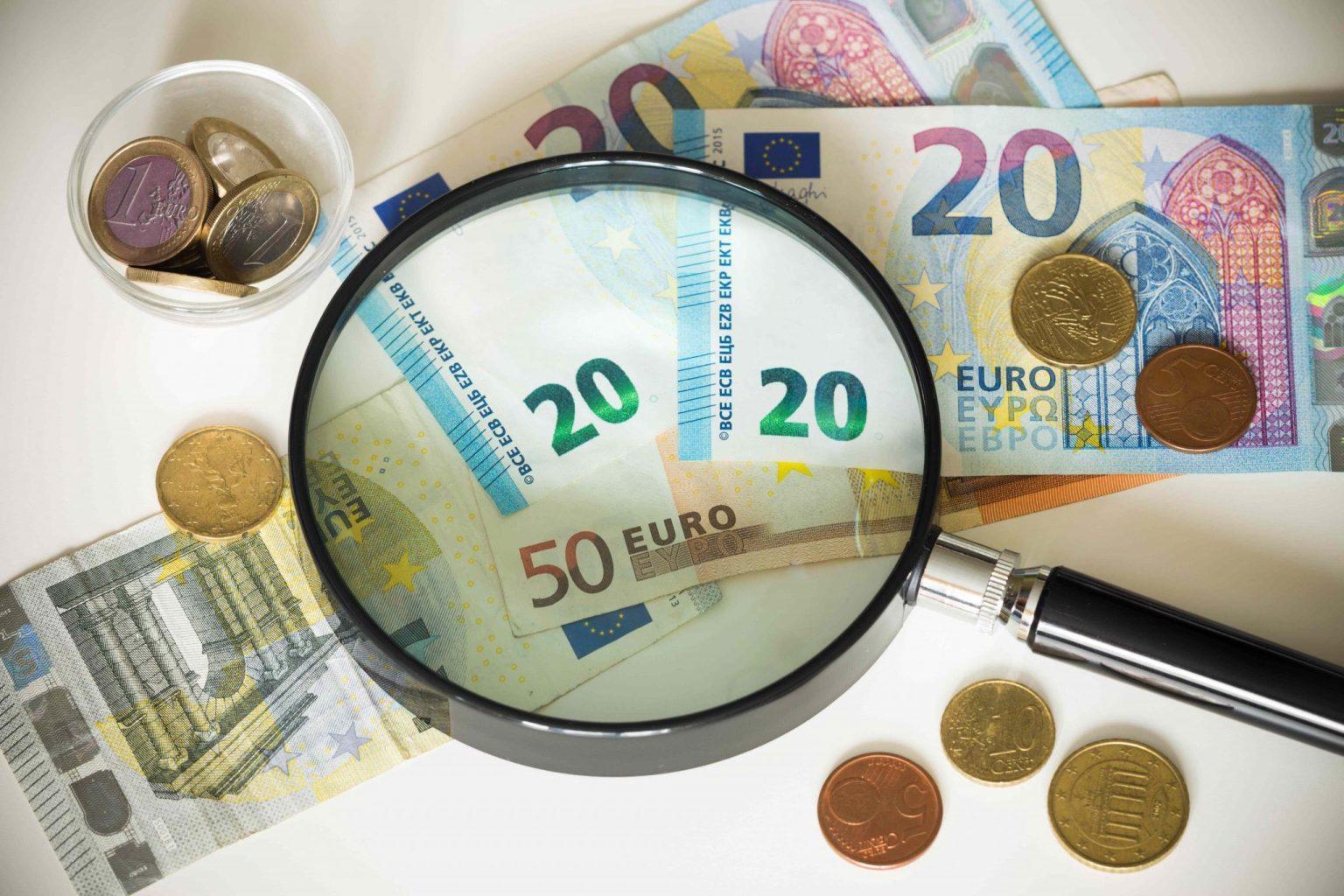The global financial service firm, UBS is closely monitoring the upcoming 2024 financial results and the updates to Greek banks’ business plans. In its monthly tracker for the sector, the firm reaffirms that, despite the recent rally, Greek banking stocks remain attractive.
As UBS points out, the earnings season kicks off with Piraeus Bank on February 24, with profitability expected to have remained strong in the fourth quarter.
A key focus will be on the updated business plans set to be unveiled alongside the results—specifically, whether Greek banks maintain or upgrade their previous guidance on net interest income (NII) projections for 2026.
Investors will also be watching for updates on distribution plans, particularly the balance between cash dividends and share buybacks.
In the second edition of its monthly tracker, which analyzes industry data from the Bank of Greece, UBS notes that while corporate lending growth remains strong, December was a slower month.
As a result, the annual growth rate decelerated from 16.5% year-on-year in November (+2.2% monthly) to 10.2% year-on-year in December (+0.4% monthly).
UBS also highlights that further reductions in non-performing exposures (NPEs) likely had an impact on Greek banks, citing Alpha Bank’s 250 million euros NPE decrease, which brought its ratio below 4%, and Piraeus Bank, though the exact amount of its reduction is unknown.
Despite this, the financial firm believes underlying trends remain solid, as indicated by new business lending activity. The total private sector credit growth rate stood at 4% year-on-year, with household credit still contracting (-5.8% year-on-year), but overall trends appear robust.
Although the average yields on corporate loans in the sector declined by 33 basis points in December to 5.19%, UBS sees this as unsurprising. Household loan yields have remained more stable.
Additionally, deposit costs have been slower to adjust to the decline in Euribor rates, particularly for household deposits, while the cost of corporate deposits has begun to decrease.
Source: tovima.com


